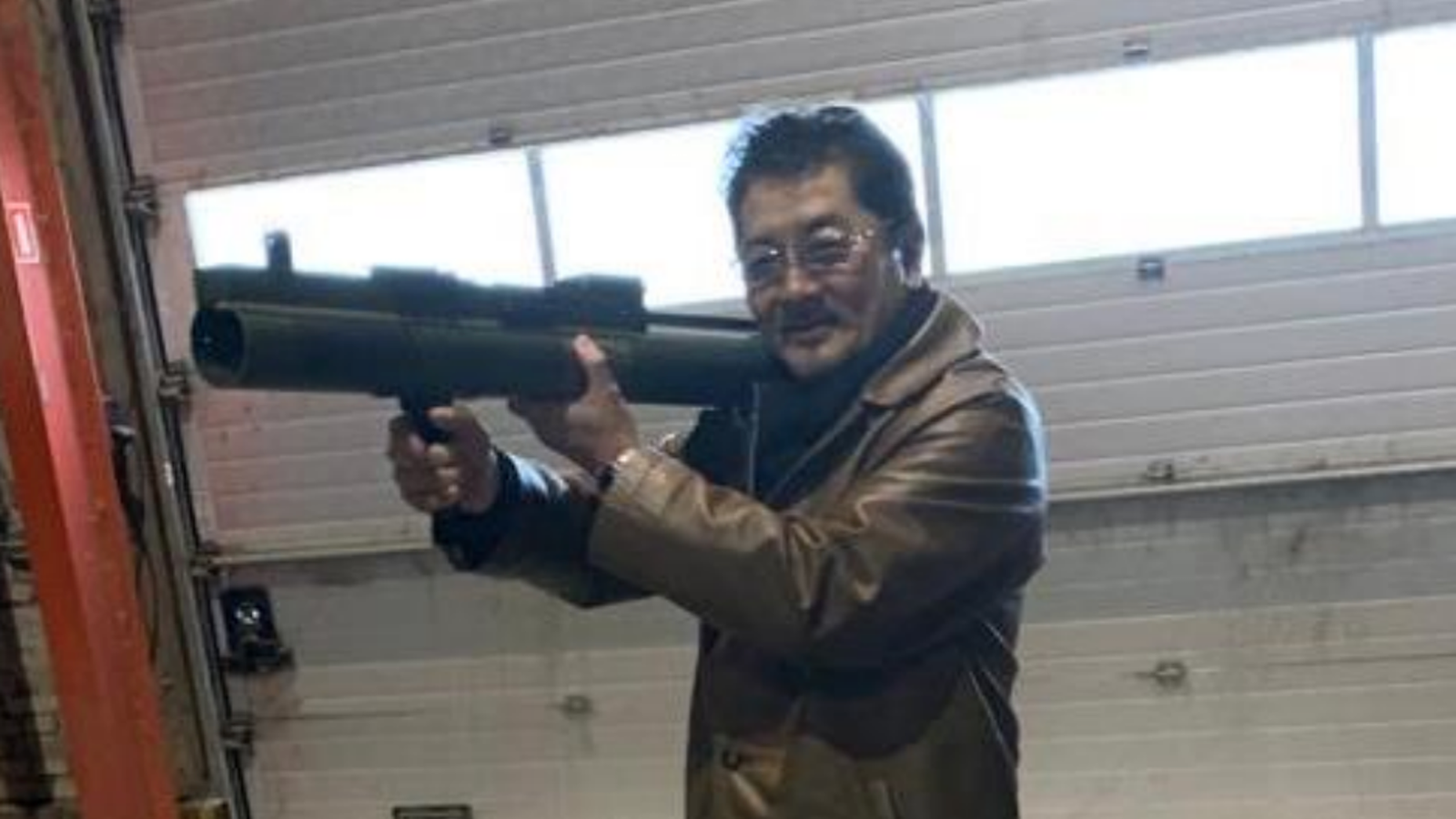A leader of the Japanese Yakuza organization pleaded guilty in federal court on Wednesday for attempting to traffic military-grade weapons and approximately 1,100 lbs of narcotics. These charges alone carry significant penalties, but when combined with another conviction for trying to sell thousands of pounds of uranium and weapons-grade plutonium, Takeshi Ebisawa is facing a lifetime behind bars.
The evidence presented in the Department of Justice’s court filings is quite incriminating. It includes a photo of Ebisawa holding a stolen US Army rocket launcher, screenshots of WhatsApp conversations discussing heroin shipments, and audio recordings of discussions about selling nuclear weapons-grade materials with an undercover agent posing as an Iranian general.
According to the DOJ’s announcement, Ebisawa unknowingly introduced undercover agents to his network of criminal associates across various countries, including Japan, Thailand, Burma, Sri Lanka, and the United States, to facilitate large-scale narcotics and weapons deals. These transactions were intended to fund armed militant groups in Burma and distribute drugs like methamphetamine and heroin in New York.
In addition to the drug and munitions trafficking, Ebisawa was also involved in deals concerning a significant quantity of nuclear materials. Court documents reveal that he provided photos and evidence to undercover authorities indicating the possession of thorium, uranium, and even offered uranium concentrate powder for sale. He also discussed supplying plutonium for Iran’s nuclear weapons program.

Ebisawa’s involvement with plutonium extends beyond its destructive potential. As a rare and valuable material, plutonium requires sophisticated facilities for production. By offering it for sale, Ebisawa could have provided a shortcut for malicious actors looking to acquire weapons-grade material, as confirmed by a nuclear forensic laboratory.
The Yakuza leader pleaded guilty to six counts, including conspiracy to traffic nuclear materials, narcotics importation, firearms possession, and money laundering. Trafficking of nuclear materials is relatively uncommon due to strict regulations in the industry, with only a small percentage of incidents involving actual trafficking or malicious use, as reported by the International Atomic Energy Agency.
